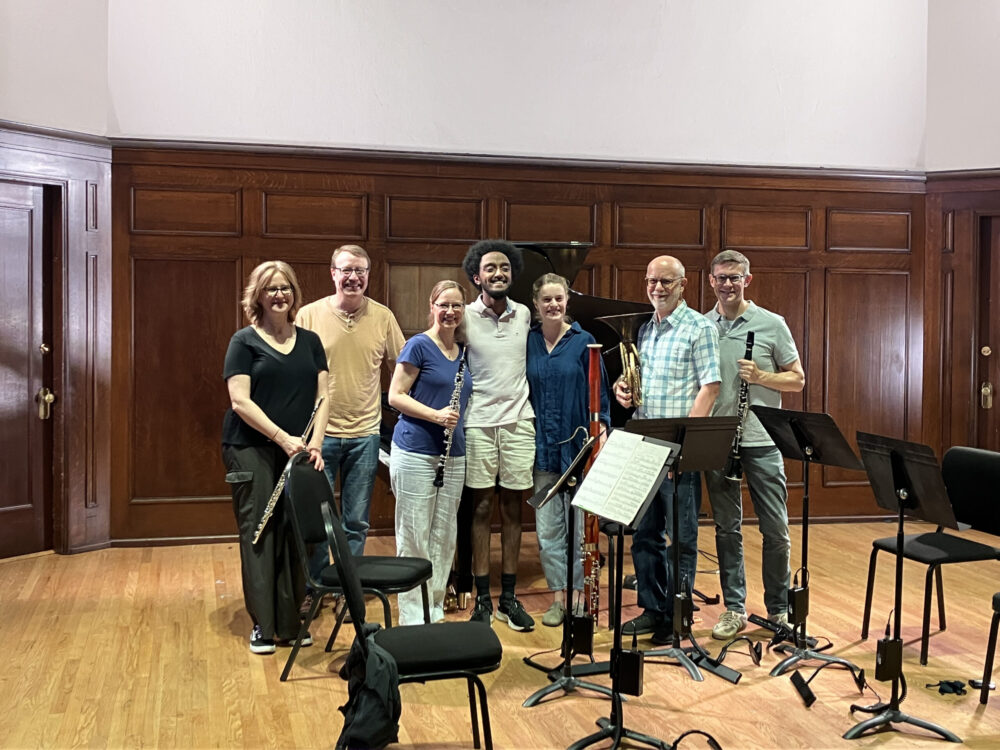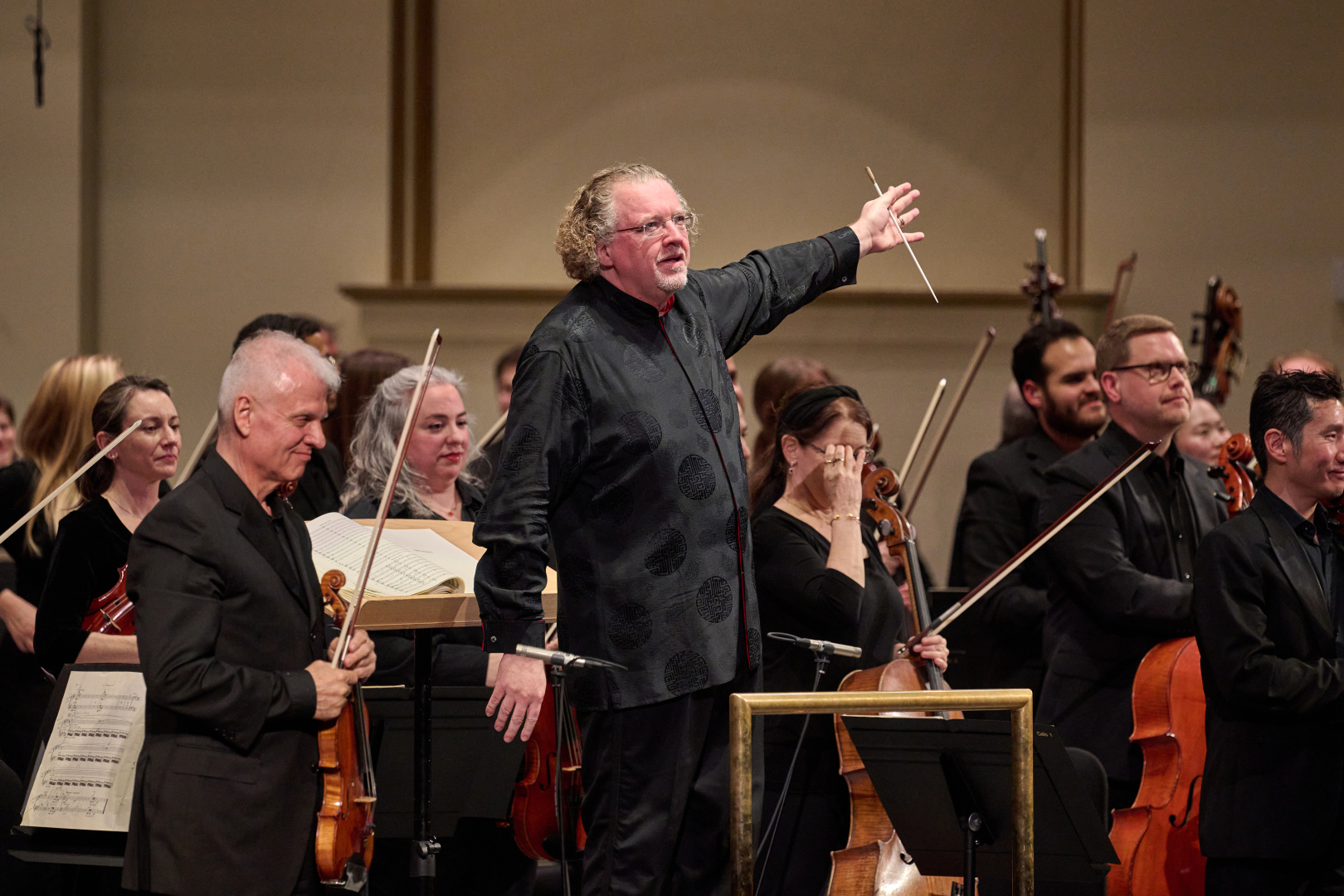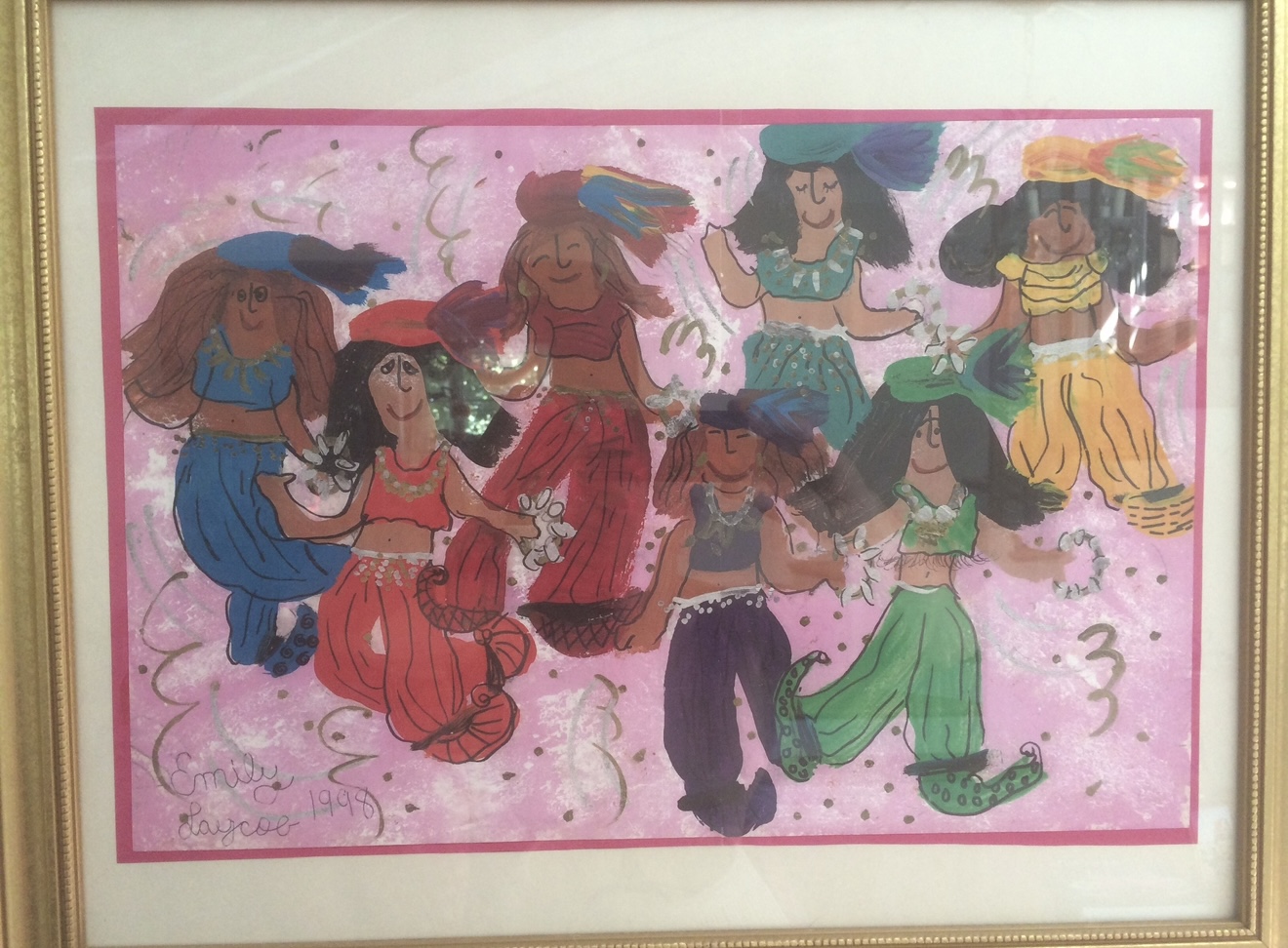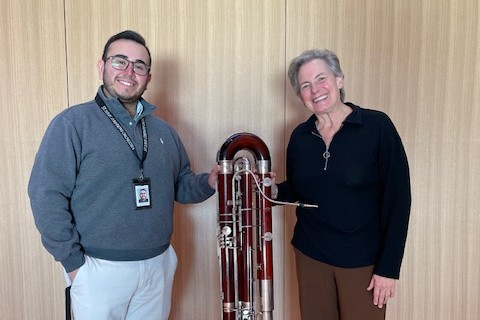Five Questions with Mizzou Composer Yoell Tewolde
By Eric Dundon
When St. Louis Symphony Orchestra musicians present chamber music as part of the SLSO’s Live at The Sheldon series, they’re given artistic control of the program and perform a wide range of repertoire not generally heard on classical programs. This also includes chamber music by rising composers at the University of Missouri, part of the orchestra’s long-running collaboration with the Mizzou New Music Initiative (MNMI)—a program of the university that supports emerging composers.
On most Live at The Sheldon programs this season, SLSO musicians will give the world premiere performances of MNMI composers’ works, including Yoell Tewolde’s Oblivious & Ride for string quartet on November 13, 2025—the first Live at The Sheldon concert of the 2025/26 season.
A Columbia, Missouri native, Tewolde is a composition student, who grew up playing the piano, clarinet, and saxophone, and credits his school music experiences—concert, marching, and jazz band—for helping to form his musical voice, as well as his family’s Ertirean heritage.

This interview has been edited for length and clarity.
SLSO audiences first met you through your music in the 2024/25 season. A wind ensemble gave the world premiere of your waves on the shore at a Live at The Sheldon chamber music concert. How have you grown or changed as an artist since then?
Since the spring, I have shaped my musical voice more with regards to the kinds of harmonies I want to hear in my music. Through immersing myself in the scores of jazz composers like Miles Davis and Maria Schneider, I’ve grown more confident melding relatively dissonant harmonies from jazz into my own compositions. I also exposed myself to a lot of aleatoric music (similar to that of John Cage and Steve Reich) through attending a recent composition festival. This has helped me create moments in my own pieces where time feels stretched and expanding the palette of timbres I create in my music.
Tell us about your piece Oblivious & Ride, which will receive its world premiere at the November 13 Live at The Sheldon chamber music concert.
Oblivious & Ride is based on a whimsical narrative I created about a fictional cowboy attempting to tame a wild horse. Part of the piece depicts the horse relaxing in a meadow or field. The sweet, lyrical sounds present in this part of the piece are reminiscent of calm feelings to me. The horse then encounters a cowboy, who snares it with a rope and jumps on. The horse, understandably, is less than enthused about that. I chose to represent this part of the piece at times through some foreboding, dissonant figures in order to represent the tension between horse and rider in this section. This piece is written for string quartet.
What should audiences listen for in your piece? What do you hope they take away from listening?
I hope the audience has fun with the whimsical subject matter of the piece. Music has long been an avenue for me to relax and immerse myself in odd turns of phrase or subject matter (“I Know The End” by Phoebe Bridgers and “Two-Lane Blacktop” by James M. David come to mind), and I hope the audience has fun with the absurdity of the subject matter of this piece as well. I hope they also enjoy the diversity of rhythmic styles present in the piece. The various grooves I created within this piece are meant to be danced to.
Your earlier music history includes marching band, concert band, and jazz band. This piece is for string quartet. How did you get to know string instruments and what drew you to create something for a string ensemble?
As composers, we need to be able to write for instruments that we haven’t played before in order to engage with a full variety of projects. My teachers at Mizzou have exposed me to so many works for string instruments, from chamber music to orchestra. Studying works for string ensembles, like Maurice Ravel’s String Quartet in F Major and Béla Bartók’s String Quartet No. 4 in C Major, taught me how to meld the techniques I learned in class with my own musical voice.
This will be your second premiere with SLSO musicians. What has working with SLSO musicians meant to you? Did working with SLSO musicians for the April 2025 premiere change how you approached creating your most recent work?
Working with SLSO musicians has been a fantastic experience. When working with the sextet for the April premiere, I really enjoyed how detail-oriented these musicians were. From double-checking that they understand all the details of each draft to adjusting their intonation to slight changes in the rehearsal space, these musicians constantly showed a high standard of excellence across all aspects of their artistry. Collaborating with the sextet for the April premiere really encouraged me to strive to perfect each musical, notational, and conceptual detail of the piece when collaborating with the string quartet for this premiere.
Eric Dundon is the SLSO’s Public Relations Director.


